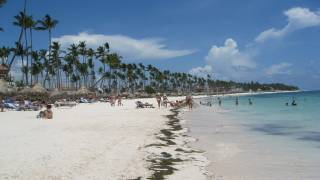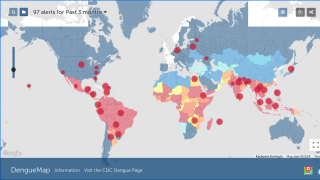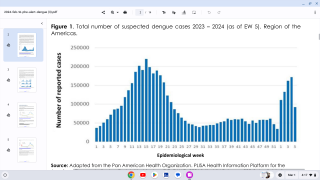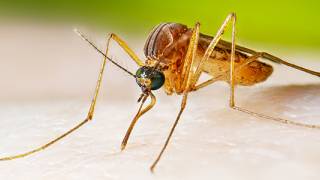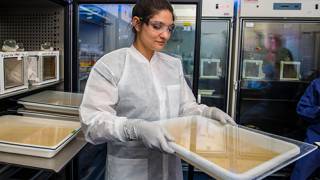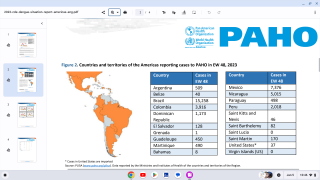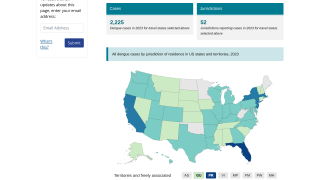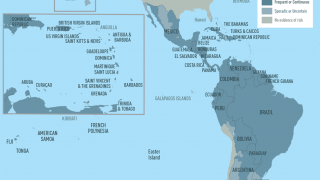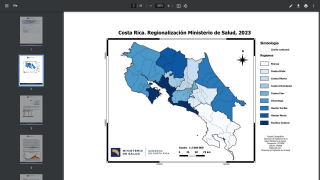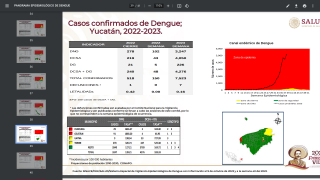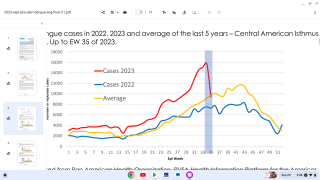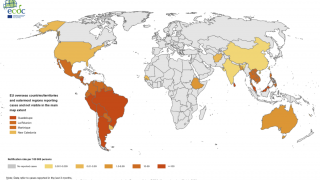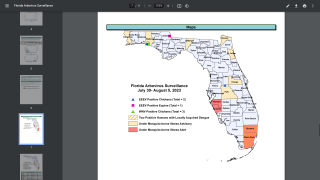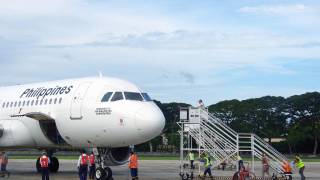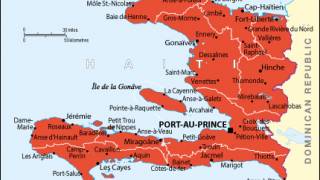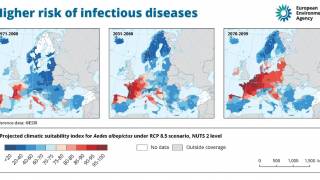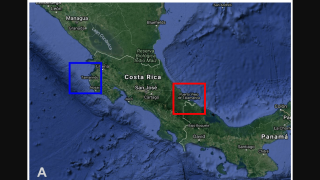Philippines Declares ‘Code Blue’ Dengue Outbreak
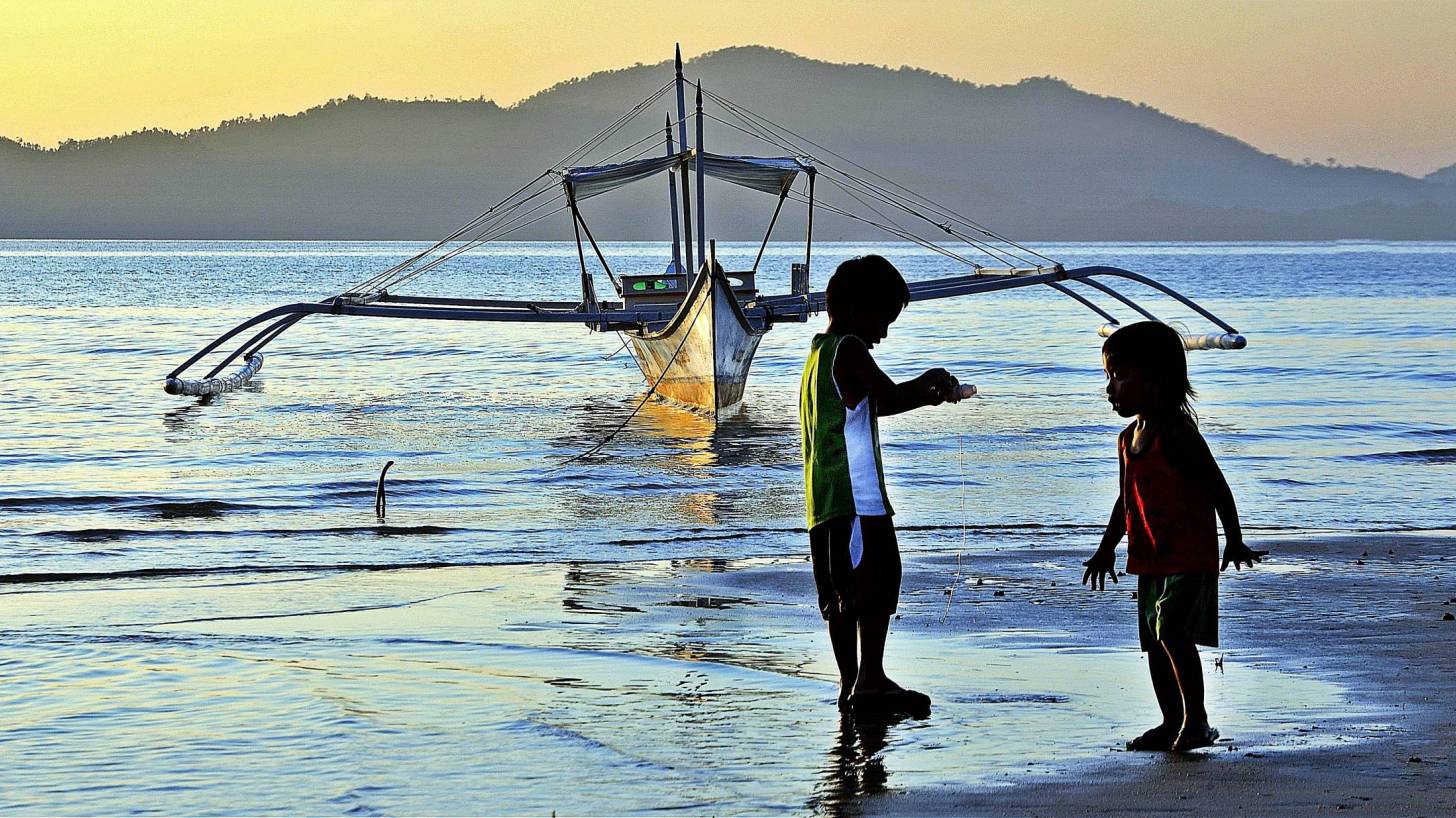
The Philippines National Disaster Risk Reduction Management Council (NDRRMC) issued a ‘Code Blue’ alert regarding the dengue fever virus outbreak in the Philippines.
The July 18, 2019 alert means that 50 percent of available health resources are mobilized to augment existing regular day-to-day resources in the Philippines.
According to information from the Philippines Integrated Disease Surveillance and Response (PIDSR), from January to June 29, 2019, there have been 106,630 dengue cases officially reported nationwide.
This data indicates an 85 percent increase in dengue cases over the same period in 2018.
Furthermore, with 456 dengue-related deaths confirmed, the Case Fatality Rate is 0.43 percent during 2019.
Unfortunately, Filipino children are the most impacted. The median age of for all dengue cases in 2019 is 12 years.
And, the only dengue prevention vaccine was banned by the Philippines DOH during December 2018.
The most affected areas are Western Visayas (Region VI), which had the greatest number of reported dengue cases with 13,164, followed by Calabarzon (Region IVA) with 11,474 cases, Central Visayas (Region VII) with 9,199 cases, Region XII or Soccsksargen 2 (9,107 cases) and Region X or Northern Mindanao (8,738 cases).
In certain regions, hospital capacity to treat dengue patients has become constrained.
The provincial government of Iloilo has reported that their 12 hospitals are licensed to accommodate 615 patients daily, but with the dengue outbreak, the bed occupancy rate went up by 316 percent.
Dengue is caused by one of any of four related viruses: Dengue virus 1, 2, 3, and 4. For this reason, a person can be infected with a dengue virus as many as four times in his or her lifetime.
Dengue virus news
- Test Returning Floridians For Both Dengue and Zika Viruses
- Guam Joins Tahiti and Fiji Reporting Dengue Fever Cases in 2019
- Dengue Outbreak in the Philippines Exceeds 52,000 Cases During 2019
As of July 18, 2019, the U.S. Centers for Disease Control and Prevention (CDC) had not issued a Travel Alert regarding the dengue outbreak in the Philippines.
The CDC estimates more than one-third of the world’s population is living in areas at risk for infection by dengue virus which causes dengue fever, a leading cause of illness among people living in the tropics and subtropics.
Although dengue cases are rare in the continental USA, the disease is regularly found in American Samoa, Puerto Rico, Guam, the U.S. Virgin Islands, as well as Latin America, Southeast Asia, and the Pacific Islands.
Dengue vaccine
The good news is there is an approved dengue vaccine, but its availability remains in question.
On May 1, 2019, Sanofi Pasteur’s Dengvaxia became the first vaccine approved in the USA for the prevention of dengue disease in people ages 9 through 16, who have laboratory-confirmed previous dengue infection, and who live in endemic areas caused by all dengue virus serotypes.
Dengvaxia has already been approved in 19 countries and the European Union.
Dengvaxia is a live, attenuated vaccine that is administered as 3 separate injections, with the initial dose followed by two additional shots given six and twelve months later.
The safety and effectiveness of the Dengvaxia vaccine were determined in 3 randomized, placebo-controlled studies. The vaccine was determined to be approximately 76 percent effective in preventing symptomatic, laboratory-confirmed dengue disease in individuals 9 through 16 years of age who previously had laboratory-confirmed dengue disease.
The most commonly reported side effects by those who received Dengvaxia were a headache, muscle pain, joint pain, fatigue, injection site pain, and low-grade fever.
Dengue diagnosis
A blood test is the only way to confirm a dengue diagnosis. Your healthcare provider may order blood tests to look for dengue or other similar viruses like Zika or chikungunya.
>>Ulta Labs Offer Home Tests<<
The CDC says to inform your healthcare provider if you have dengue symptoms or live in or have recently traveled to an area with risk of dengue.
The Dengvaxia vaccine is not approved for use in individuals not previously infected by any dengue virus serotype or for whom this information is unknown.
This warning is because the Dengvaxia vaccine appears to act as a first dengue infection – without actually infecting the person with wild-type dengue virus – such that a subsequent infection can result in severe dengue disease.
Therefore, the CDC says healthcare professionals should evaluate individuals for prior dengue infection to avoid vaccinating individuals who have not been previously infected by the dengue virus.
This U.S. Food and Drug Administration (FDA) announcement is important since there is no cure for dengue disease.
Philippines travel vaccines
Regarding health risks to visitors, the US Centers for Disease Control and Prevention (CDC) suggested on July 15, 2019, that visitors to the Philippines are current with certain vaccines, such as Routine Vaccines and the measles-mumps-rubella (MMR) vaccine.
Furthermore, the Philippines is included in the CDC’s Global Measles Outbreak Notice, issued on June 10, 2019.
Pre-departure vaccination services, related travel medications, and counseling appointments can be scheduled with a local pharmacy by visiting Vax-Before-Travel.
As of July 1, 2019, the CDC updated its private sector vaccine prices for general information. And, the CDC’s Vaccines For Children program offers vaccines at no cost to children who might not otherwise be vaccinated because of inability to pay.
Additional financial support programs can be found at Vaccine Discounts.
Vaccines, like any medicine, can have side effects. You are encouraged to report vaccine side effects to the CDC.
Our Trust Standards: Medical Advisory Committee

